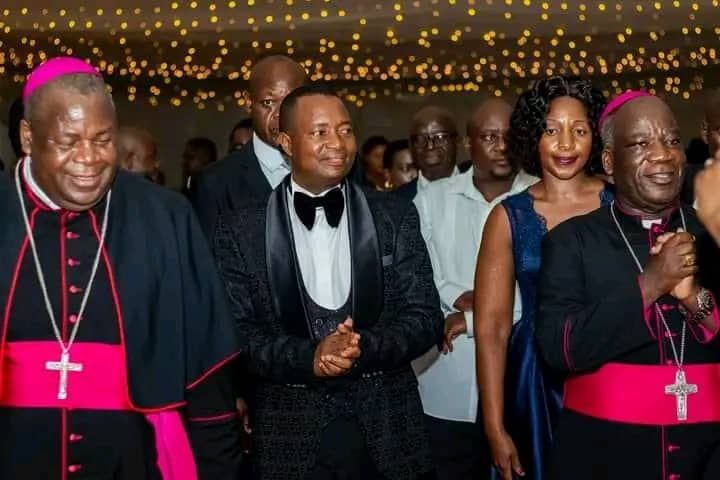By Burnett Munthali
Bashir Al Bashir recently wrote a compelling piece on Malawi Voice, emphasizing the undeniable influence of Catholic bishops on Malawian politics. Indeed, Malawian bishops have long been a significant voice for democracy and justice, consistently guiding the nation in times of political turbulence and pushing for values that protect the welfare of Malawians. From their instrumental role in ushering in democracy in the 1990s to their recent critical stances, they continue to stand as advocates for positive change in Malawi.

1990-1994: Pioneers of democratic reform
The bishops have always aimed for the best for Malawi, and this was especially true during the pivotal period from 1990 to 1994. Their voices became symbols of courage when they spoke against the oppressive regime and demanded democratic reform. Through a powerful pastoral letter that criticized political abuses, they mobilized Malawians to strive for a fairer, more democratic system. Their influence laid the foundation for Malawi’s transition to a multi-party democracy, cementing their legacy as champions of human rights.
2018-2020: Advocates for accountability and transparency
In the lead-up to the 2020 elections, the bishops again played a critical role in demanding accountability and transparency from the government. They supported the popular call for change, giving the people a moral backbone in their fight for fair governance. However, once the new government was in place, some clergy members, who had supported the change, were accused of prioritizing their own interests over the nation’s needs, leaving many Malawians feeling betrayed. Nonetheless, the bishops’ intentions were clear—they wanted a better Malawi, with leadership that would uplift the citizens and meet their needs.
2022-Present: Disappointment with current leadership
In recent years, bishops have openly expressed disappointment with the current administration. From economic challenges to unfulfilled promises, the bishops have pointed out the government’s failure to improve the lives of Malawians. They have spoken about the worsening economic conditions and have urged the government to be accountable to its citizens.
In one powerful message, a bishop urged Malawians to vote responsibly in the upcoming elections: “Chaka chamawa, mukasankhe munthu oti atha kukwanitsa kuyendetsa dzikoli, kukonza chuma cha dzikoli, kusintha, kuchepetsa umphawi nkutukula miyoyo yanu.” This appeal, translated as “Next year, choose a leader who can steer this country, restore the economy, bring change, reduce poverty, and improve your lives,” reflects their deep concern for the nation’s future.
A quiet endorsement: Dr. Dalitso Kabambe as a promising leader?
With the country’s economic situation deteriorating, the bishops seem to recognize the need for a leader with the expertise and vision to reverse these troubling trends. Among the presidential hopefuls, Dr. Dalitso Kabambe, former Governor of the Reserve Bank of Malawi, has emerged as a favored candidate. Known for his track record in economic management from 2017 to 2020, Kabambe has demonstrated a capacity for prudent financial leadership, making him an appealing figure for those looking for stability and progress.
Many see this quiet “anointing” of Dr. Kabambe as an indication that the bishops believe he could guide Malawi toward economic recovery. Their endorsement seems to carry a message: Malawi needs a leader who has proven competence, someone who can lift the nation out of poverty and improve the lives of its citizens.
The Bishops’ role in the 2025 Elections
As Malawi prepares for the 2025 elections, the bishops’ influence remains a powerful force in shaping public opinion. Their consistent calls for transparency and economic reform echo the frustrations of many Malawians who feel let down by the current administration. Through their words and actions, they are urging voters to look beyond slogans and empty promises and to elect leaders with the experience and integrity needed to bring meaningful change.
Dr. Kabambe’s economic credentials have positioned him as a strong contender, and the bishops’ implicit support highlights a desire for knowledgeable leadership in this critical time. For Malawians, the bishops’ guidance is a reminder that the power to shape the future lies in their hands. As they head to the polls, their choice of leader could determine the trajectory of the nation and whether it finally achieves the progress and prosperity that so many yearn for.










